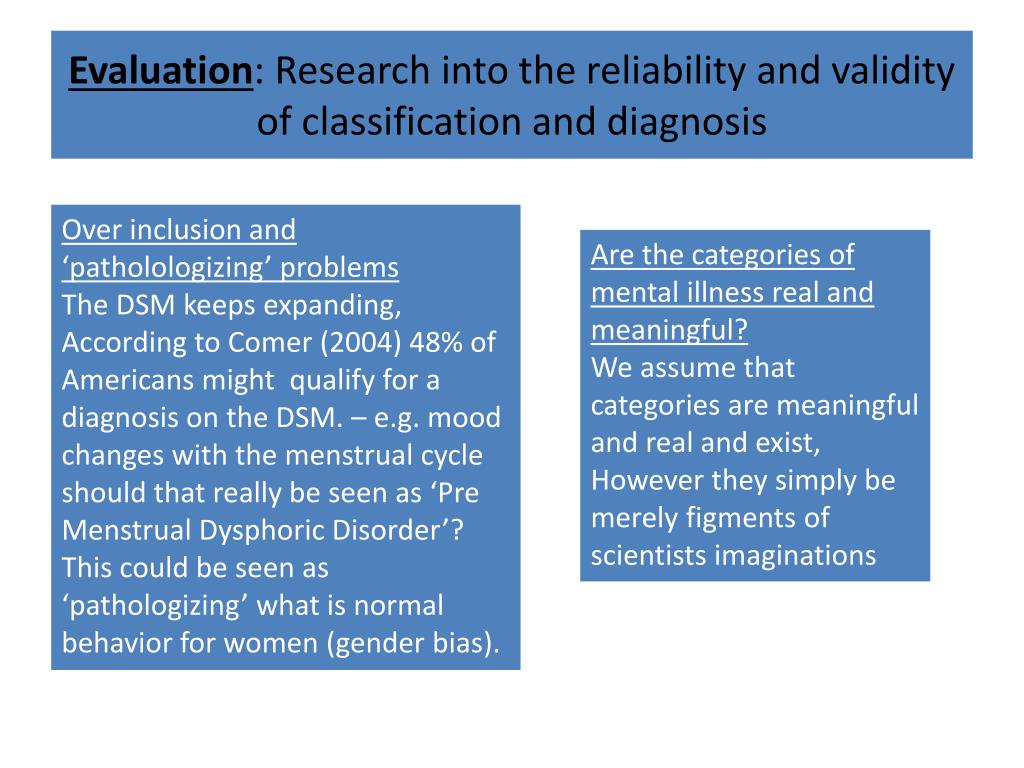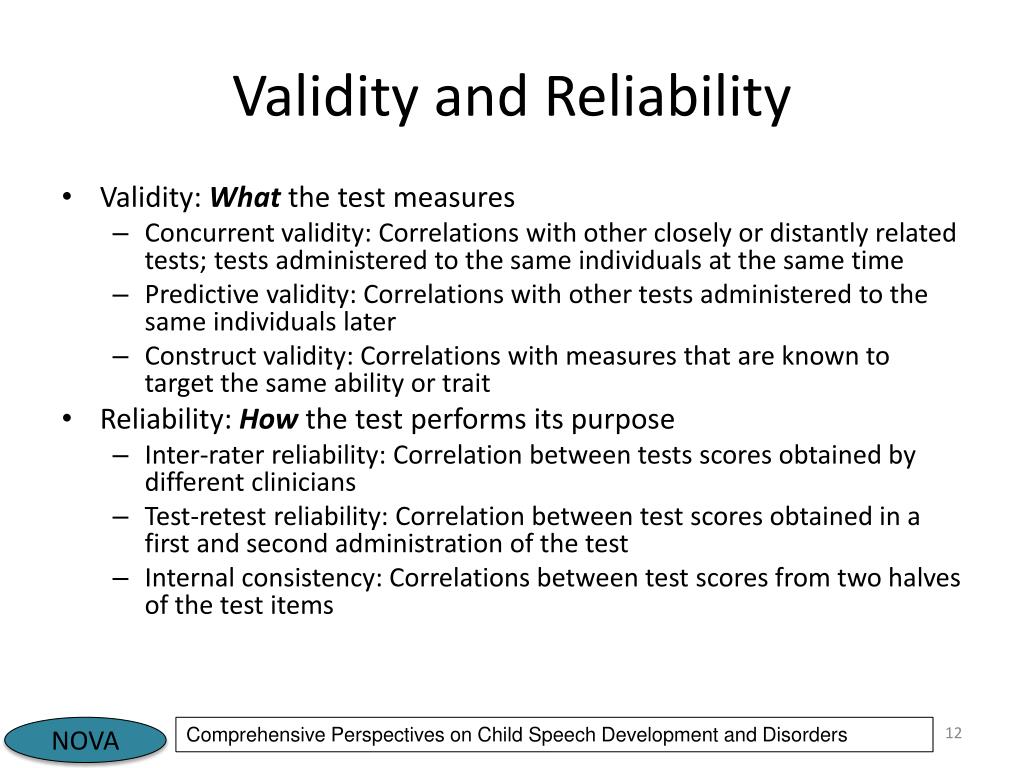

When you are writing assessment guidance for higher AQF levels, the answers are expected to be more complex and key points may be all you can provide. Note that for Cert I to Cert III, you are more likely to be able to provide precise written answers. Then, instead of a precisely worded answer you can list key points that need to be addressed in the candidate’s response. Where the answer is likely to vary in wording, this should be stated ( Response can vary).
For a written questioning instrument, you also need model answers. 
There must be a space for the assessor to write the actual answers given and another space for their comments.
For an oral questioning instrument, you need to provide the questions and the answers expected, together with any necessary guidance on how far the answers can deviate from those provided. The assessor guide must provide instructions to the assessor to guide their judgement of satisfactory performance or answers to questions. In reality this means that, for every assessment instrument provided to the candidate, there should be a “sister” instrument for the assessor (the assessor guide). Therefore, your assessment tool must provide guidance for the assessor. In practice, it means that under the same conditions for the same unit of competency, all assessors should reach the same decision as to whether the candidate is competent, based upon the evidence collected. Reliability is one of the four Principles of Assessment. Reliability refers to the consistency of the interpretation of evidence and the consistency of assessment outcomes. This will be followed by additional Blogs which will discuss the remaining Principles of Assessment. 
There are four Principles of Assessment – Reliability, Fairness, Flexibility and Validity.







 0 kommentar(er)
0 kommentar(er)
